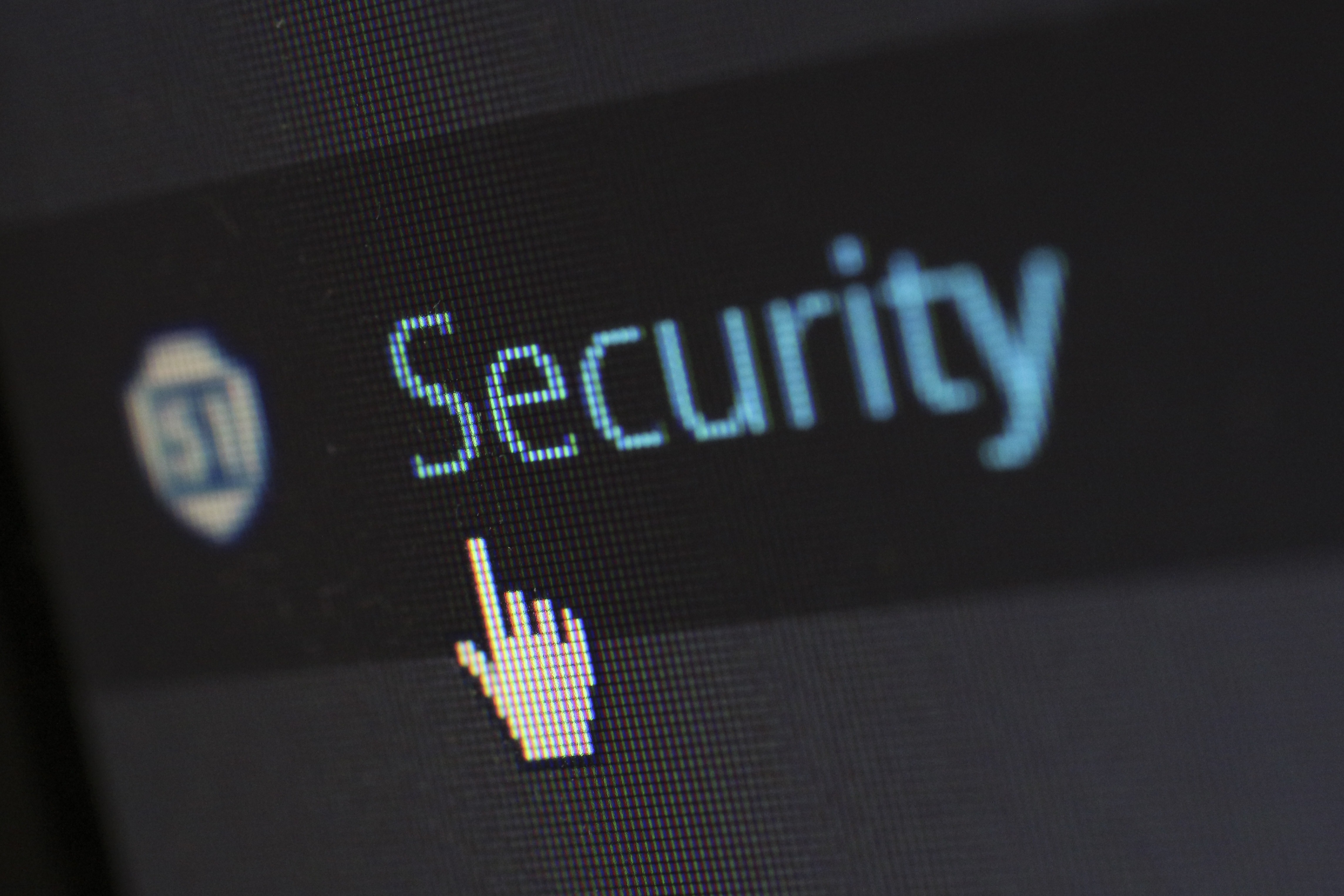If you're like most Americans, you use the internet every day. But how can you keep yourself and your data safe? Learn how with these five tips.
1. Keep Tabs on Your Information
Monitor your children’s information as well as your own. Partly because of their unused credit and Social Security numbers, children are targeted for identity theft 35 times more often than adults.
2. Know What's In Your Wallet
Avoid carrying your Social Security number in your wallet or purse. This number provides access to personal information, and it should be stored in a safe and protected place. In addition, only carry the credit cards you need. This practice limits access to your accounts in the event that your purse or wallet is lost or stolen. It’s also a good idea to periodically photocopy your cards and keep a record of the customer service phone numbers associated with your financial accounts to speed up the process of canceling credit cards if needed.
3. Monitor Your Accounts
Monitor your revolving accounts and credit score. Check your bank, credit card, and other financial account information, along with your credit score, once a year to reduce the risk of unauthorized charges or credit applications. If you see a suspicious charge, immediately contact your financial institution.
4. Understand Policy Terms
Banks and credit card companies typically offer fraud protection, so learn the policy terms. Victims of identity theft may be eligible for free security freeze services as provided by each state’s security freeze law. If you keep money in investment accounts, ask your advisors about protection in the event of a security breach.
5. Set Social Limits
Weigh and consider sharing personal information on social media as it could increase vulnerability. The more hackers know about you, the easier it is for them to build data profiles with your information.
This article is provided by the National Association of Insurance Commissioners (NAIC). Learn more from a licensed financial advisor using our one-of-a-kind Find An Advisor tool.









